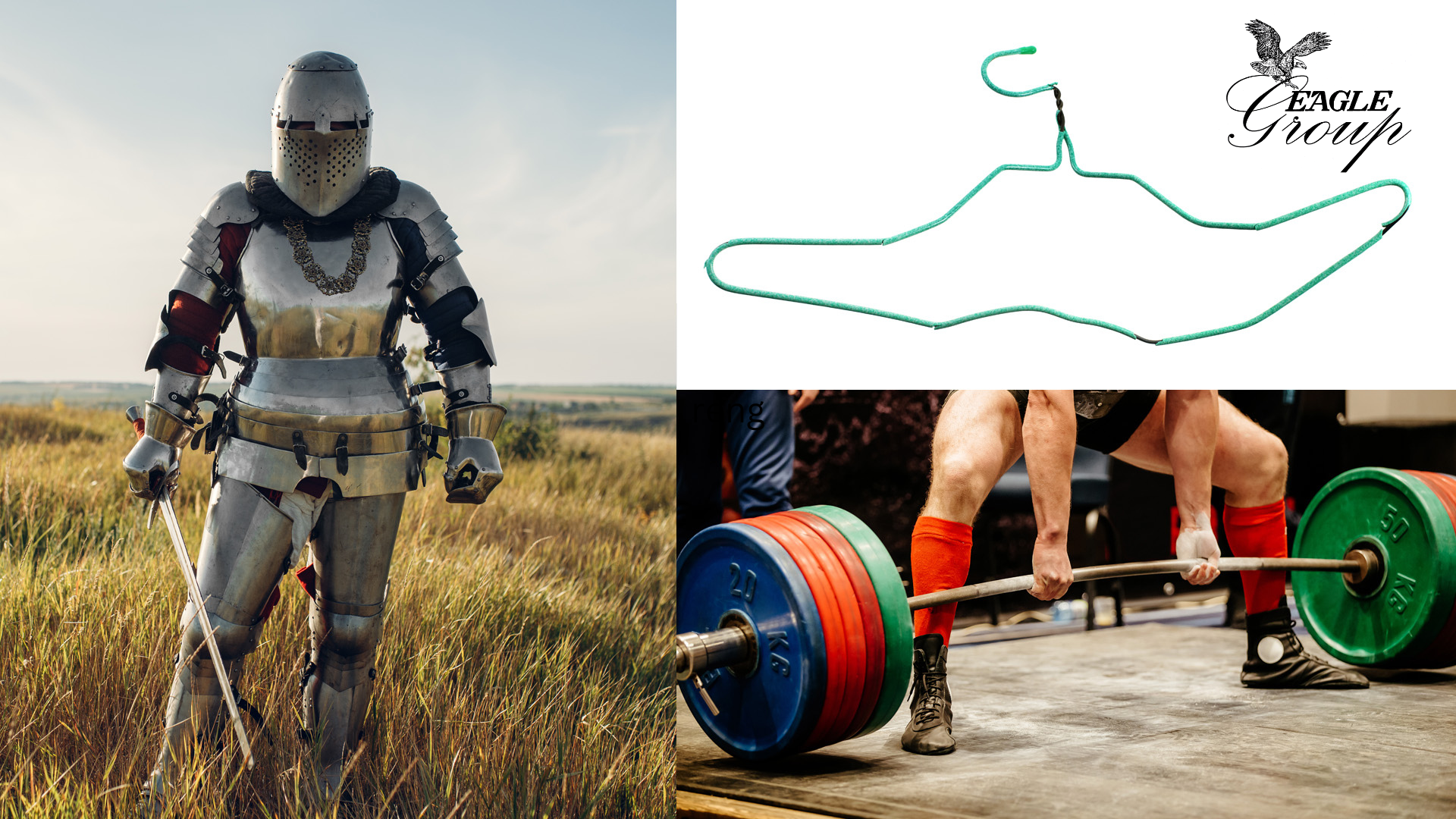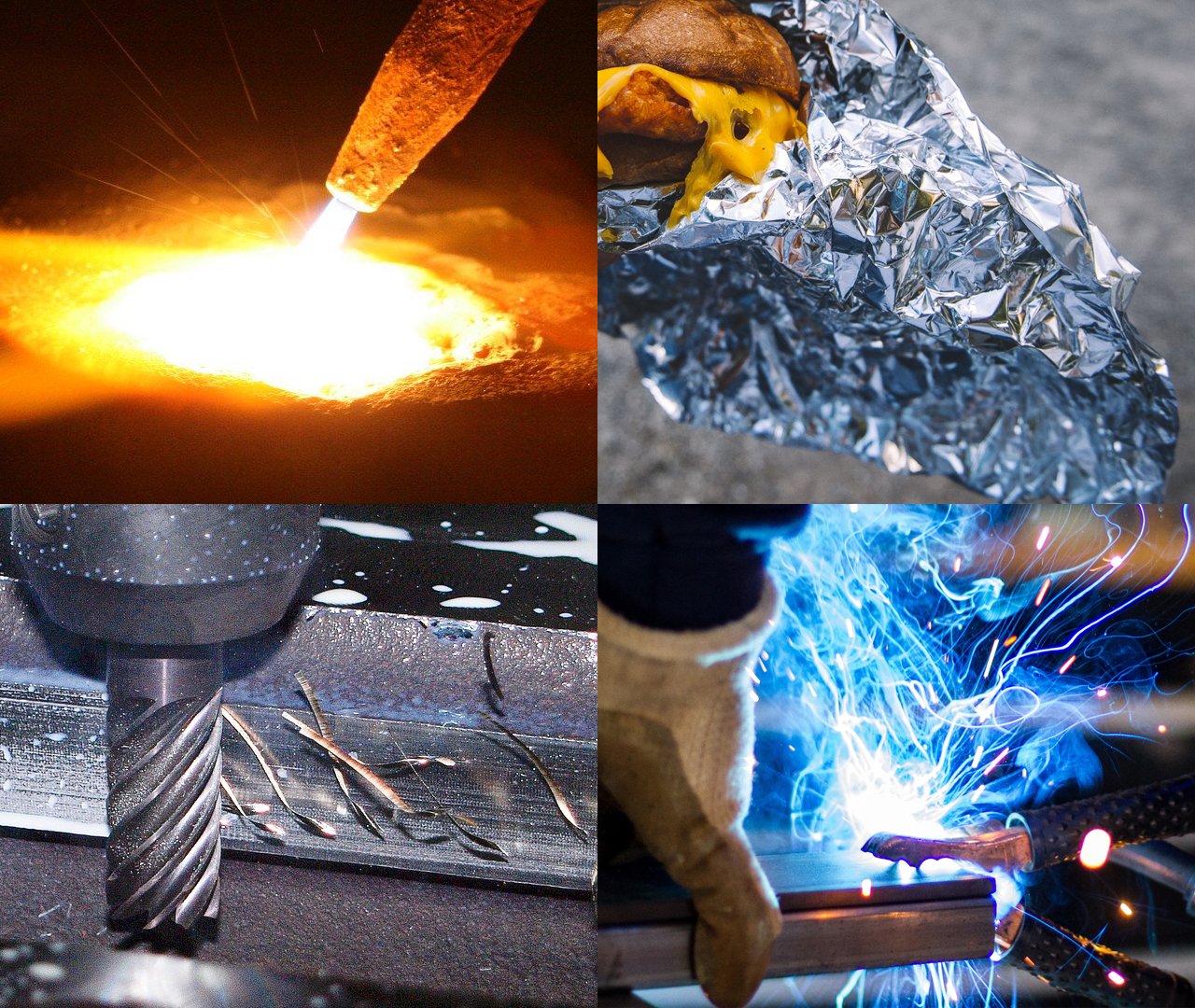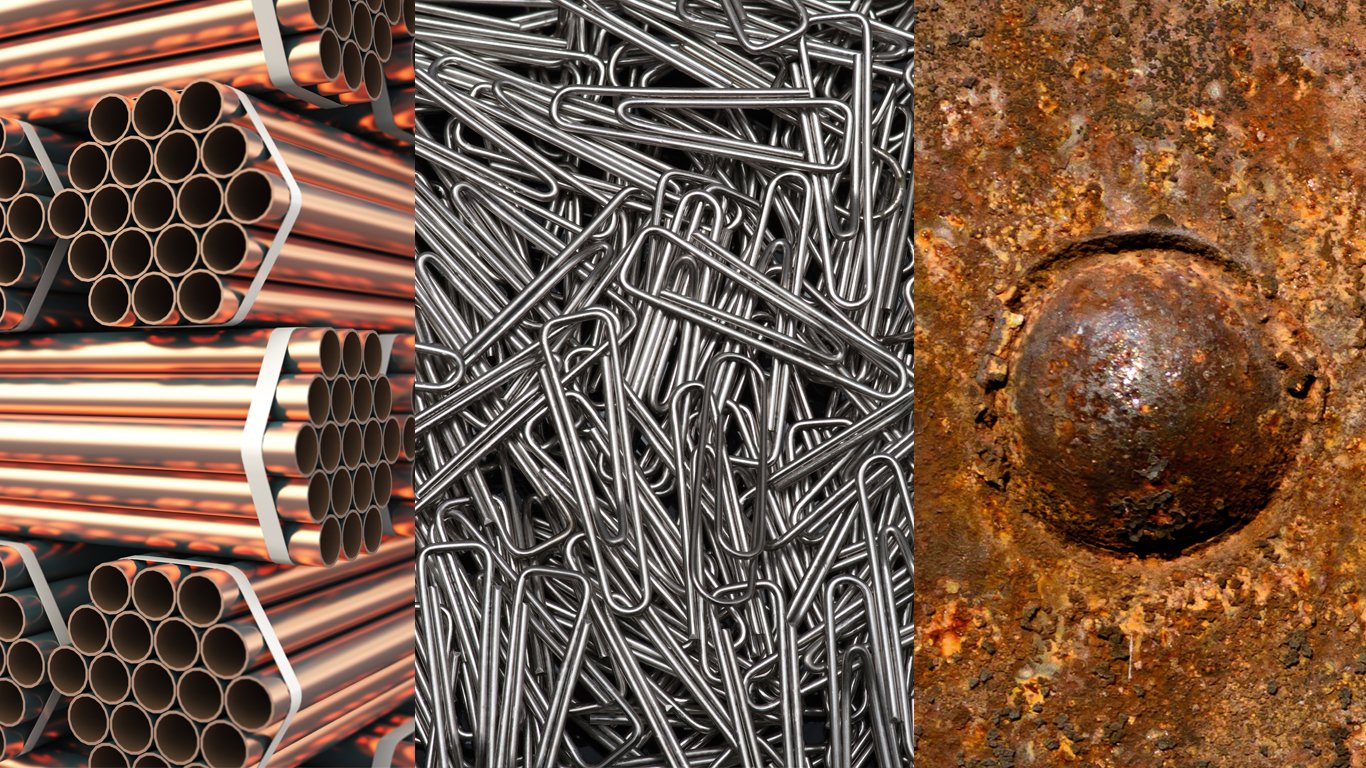Metal Properties: Strength
Past civilizations had practical reasons for caring about metal properties. They asked questions like “Can I break my enemy’s sword before he breaks mine?” or “How thick does my armor need to be to provide enough protection?” These warriors had a vested interest in material strength.
Tags: Metals, Metallurgy, Metal Properties, Mechanical Properties
Metal Properties: Corrosion Resistance
Corrosion is a common challenge affecting the surface of most metal parts. While corrosion often only affects the aesthetics of a metal part, severe corrosion can affect performance and can even lead to equipment failure. Corrosion is such a widespread challenge that the global cost of corrosion is estimated to be $2.5 trillion annually, according to a study by the National Association of Corrosion Engineers (NACE).
Here we explore many of the ways corrosion can manifest in a material, and the techniques manufacturers use to prevent corrosion from affecting part performance.
Tags: Materials, Metals, Metallurgy, Metal Properties, Physical Properties
Overview of Mechanical Properties of Metals
In the metal manufacturing industry, mechanical properties play a huge role when choosing the right alloy for each job. Throughout casting and machining processes, as well as during the product's useful life, the chosen material will be subject to many external forces. It’s up to the manufacturers to create products that perform as needed every step of the way. By understanding mechanical properties, manufacturing professionals can make the right choices for materials and processes.
Tags: Materials, Metals, Metallurgy, Metal Properties, Mechanical Properties
Metal Properties: Introduction
Metals are all around us, in the things we use to cook, drive, work, and live. When choosing a metal for a cast product or other specific application, it’s important to make sure that its properties will be suitable for the expected operating conditions.
There’s a big difference between the kind of metal used in a skyscraper and the kind of metal used in a gate valve. Some metals are pure elements, like iron (Fe) and aluminum (Al), but most products are made from alloys, or mixtures of metals. Manufacturers must consider many variables before deciding which alloy to use for a particular product.
Tags: Materials, Metals, Metal Properties
All About Al: Choosing the Right Aluminum Alloy
In manufacturing, aluminum is rarely pure. Instead, manufacturers form alloys that dramatically increase aluminum’s strength and stiffness, while maintaining its other desirable properties. Both professionals and non-professionals often make comparisons between aluminum and steel, because the two metals are both used for such a wide variety of products.
But comparing aluminum to steel is a bit like comparing apples to oranges: steel is already an alloy, while aluminum is an element. Carbon steel, a basic steel alloy, is composed of iron (Fe) and carbon (C). Pure aluminum, despite its many winning properties, is too soft and not strong enough for most industrial applications. But aluminum alloys can be thirty times stronger than pure aluminum, and regularly exceed steel in strength-to-weight ratios.
Tags: Processes, Aluminum Casting, Aluminum, All About Al, Metals
8 Key Metals Used in Casting
We're here to talk about METAL
No, not that kind of metal–actual metal, like the kind that your car is made out of, that replaced your uncle's bad knee, that holds up the skyscrapers downtown, that keeps cruise ships afloat, that built the rocket that catapulted the telecom satellite into space so you can have an internet connection, that makes up that satellite...
A lot of things are made out of metal. You get the idea.
Tags: Materials, Metals, Metal Properties









